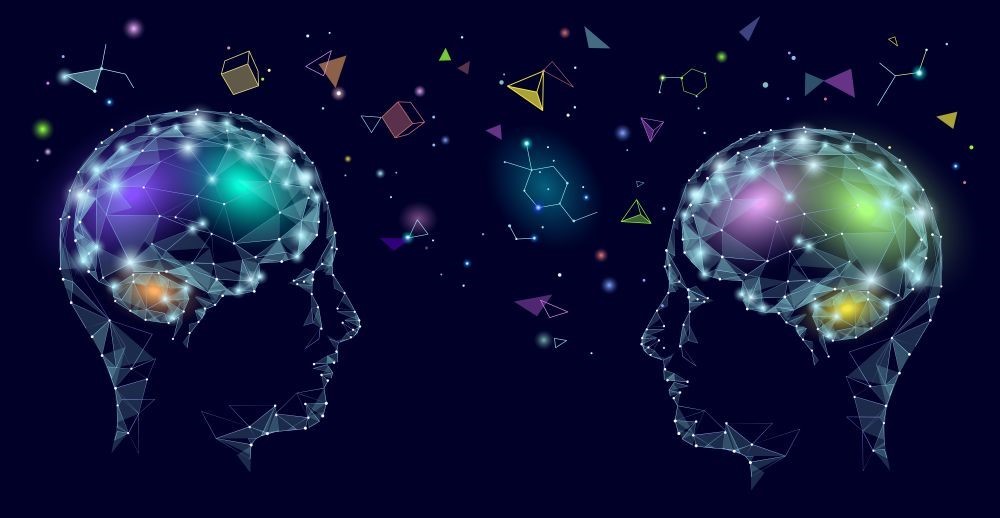
ARTICLE SAMPLES
The ethics of neuroenhancement
 Neuroenhancement is the term which describes the usage of various substances with the goal of enhancing mood and/or cognitive function. Many teenagers utilize neuroenhancement drugs to learn faster, sleep better, reduce anxiety or cope with various pressures. Basically, most people utilize these substances because they're afraid that they will not be able to rise to their own, or to other people's expectations.
Neuroenhancement is the term which describes the usage of various substances with the goal of enhancing mood and/or cognitive function. Many teenagers utilize neuroenhancement drugs to learn faster, sleep better, reduce anxiety or cope with various pressures. Basically, most people utilize these substances because they're afraid that they will not be able to rise to their own, or to other people's expectations.
Neuroenhancement technologies were only used to treat impaired patients in the beginning. Electrical stimulation has been used to treat Parkinson's disease and serious cases of depression, for example. Pharmacological techniques have been used to treat mild depression, anxiety attacks and other forms of neurological suffering.
However, some neuroenhancement drugs are now being used for other purposes. A new billion-dollar industry is booming, and it includes products that range from drugs which claim to make people smarter, to headsets that are supposed to help anyone learn faster. We have even gotten neuro drinks now, though some reports state that they may not make you smarter.
A study which was published by the US National Library of Medicine has revealed that the mean age of Swedish students who make use of neuroenhancement drugs is 23.18 years. Surprisingly, students who were employed used fewer drugs, despite the increased workload.
While some students used prescription drugs to boost their academic performance, most of them used drugs of abuse to achieve the same goals. Soft enhancers, such as coffee, energy drinks, vitamins and tonics were often used on a daily basis.
Almost 20% of students who have taken neuroenhancement drugs stated that their cognitive functions have improved. Most of these students felt that the drugs helped them learn better (66%), relax (51%) and cope with performance pressure (35%).
The picture isn't all pretty, though; the reported side effects included nervousness (27%), sleeping disorders (26%), headaches (25%), depressive states (18%), loss of appetite (18%), tachycardia (16%) and anxiety attacks (7%).
It's not surprising that many US students try to boost their cognitive abilities by making use of drugs that they have bought illegally. It is true that high functioning drugs may help boost mental power, but due to their chemical composition, they can quickly lead to overdependence.
There are a few important questions that need to be asked, though, and all of them have to do with neuroethics. Should these drugs be used to minimize variation in human performance? Is it ethical to use neuroenhancement with the goal of reducing the gaps between individuals with low and high attention abilities? Is it fair to use methods of enhancement that can reduce the cognitive inequality that is caused by biological and/or environmental factors? And if all the answers are affirmative, will these decisions be a good step that leads to a fairer society? As you can imagine, controversial questions like these are hotly debated among neuroethicists.
Individuals who support liberal normative theories state that human progress was made possible because people have gotten better at making tools and inventing various technologies, so neuroenhancement, which has the potential to improve the quality of human life, should be pursued.
On the other hand, people who support the conservative point of view want to preserve 'human nature', fearing that neuroenhancement will produce unwanted changes. My opinion is that bioethicists should thoroughly determine the moral values which are significant to the public before deciding what should be considered right and wrong.